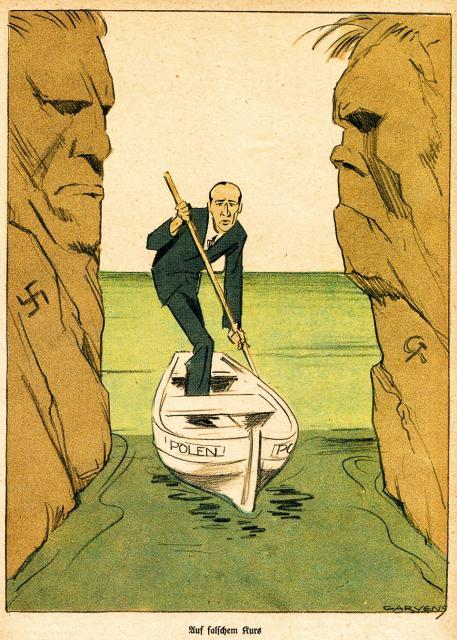Both "allies" expected war against each other, right?Both allies expected war, as you must know.
Or may be not, plan Barbarossa is a fake and Stalin by June 1941 amassed 190 divisions in Western border districts of the USSR just for fun?
Or you insist on calling "allies", countries expecting war against each other in near future?
On exact date of invasion, yes. He correctly dismissed most of reports as false intelligence - because about a dozen of them contained different dates. Moreover the invasion was a few times postponed by Hitler, thus invalidating earlier reports. The reports about the fact that Hitler was planning invasion were not dismissed - it's now confirmed with many different sources, including Stalin's speech on May 5-th, 1941, about impending war.Again, you already agreed that intelligence reports on the imminent invasion were dismissed by Stalin.



 . As near as I
. As near as I